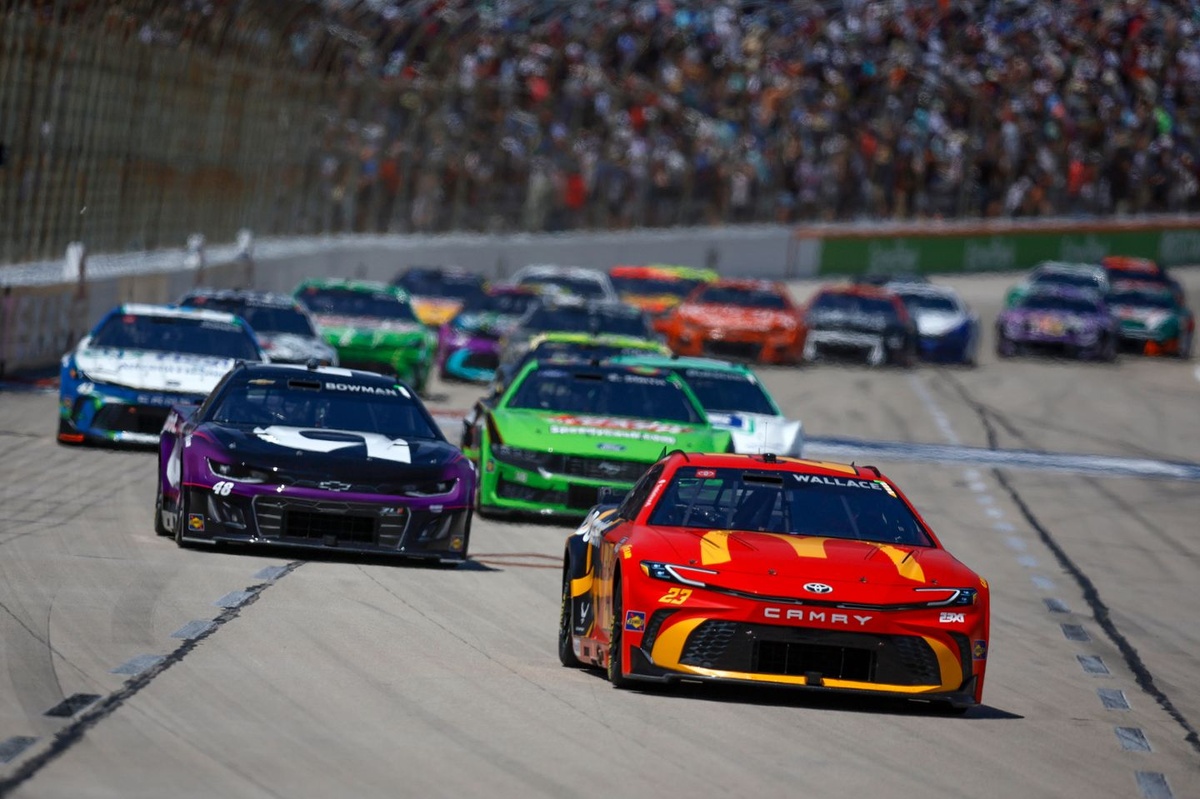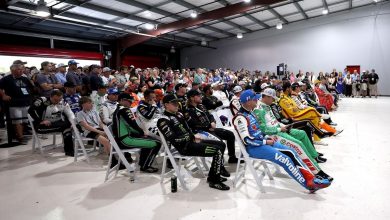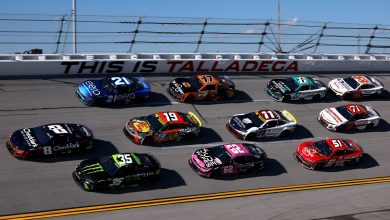Without charters, what would happen to 23XI and FRM as open teams?

Thursday, news broke that the U.S. Court of Appeals plans to overturn the preliminary injunction that allowed 23XI Racing and Front Row Motorsports to compete with charters while suing NASCAR over the 2025 Charter Agreement. Should the ruling go uncontested, it will take effect on June 26th and both teams will lose their charters ahead of the Atlanta race weekend, but what does this mean? We’re here to explain it all.
Contracts voided, qualify on time, and loss of income
The most glaring issue involves guaranteed grid spots. Chartered teams are guaranteed a spot on the grid each week while Open teams have to qualify on time. However, only one race this year has had more than a full field of entries, sending cars home (the Daytona 500). The Coca-Cola 600 was the only other race that reached the cap for field size with 40 cars starting.
Open teams will not benefit from the financial aspect of the Charter Agreement either, meaning that they will earn far less money than chartered teams every race weekend, regardless of where they finish. Part of that is revenue from NASCAR’s multi-billion dollar broadcasting deal, and only Chartered teams get a slice of that pie. While exact figures aren’t made public, it’s clearly several million dollars.
As pointed out by 23XI/FRM attorney Jeffrey Kessler, this will also compromise and void contracts with sponsors and drivers. Drivers such as Tyler Reddick can move to other teams while sponsorship deals that were locked in will suddenly be in jeopardy. There are clauses in some contract that nullify any previously existing agreements.
With no charters, teams will have to rely heavily on sponsorship dollars and in the case of 23XI, funding from team co-owner Michael Jordan. In this situation, things would likely be tighter for a FRM team owner and restaurant entrepreneur Bob Jenkins. Either way, they will surely be operating in the red as even chartered teams have spoken about struggling to make a profit due to the cost of business.

Michael McDowell, Front Row Motorsports Ford; Tyler Reddick, 23XI Racing Toyota
Photo by: Jeff Robinson/Icon Sportswire via Getty Images
Now, what it does not have an impact on is the championship. The points system is identical for both open and chartered entries. Open teams are eligible to compete in the playoffs and run for the championship. And if an open team fails to qualify for a race but is competing full-time, they do not need a playoff waiver because they attempted the race.
This won’t compromise on-track speed other than being a possible distraction, but an open entry hasn’t won a Cup race since Shane van Gisbergen’s 2023 victory in the Chicago Street Course race in Trackhouse’s Project 91 entry.
Contrary to what some mistakingly believe, losing charters does not mean a team will lose their car numbers. Charters are numbered, yes, but that is not tied directly to actual car numbers.
What becomes of the charters
Another interesting question in this specific scenario is what becomes of the six charters the teams now hold. If this ruling holds, NASCAR could choose to just run with 30 charters, increasing the payout for the remaining teams.
However, no one is sure what will happen in the case of the charters that helped create the third teams for both 23XI and FRM. They each purchased a charter from Stewart-Haas Racing at the end of the 2024 season, a team that has since shut down. The deal only went through because 23XI and FRM used the courts to push it through. These charters cannot be returned to SHR because SHR doesn’t exist. Gene Haas continues to race, but only as a single-car team in the Cup Series.
In this article
Nick DeGroot
NASCAR Cup
Front Row Motorsports
23XI Racing
Be the first to know and subscribe for real-time news email updates on these topics





